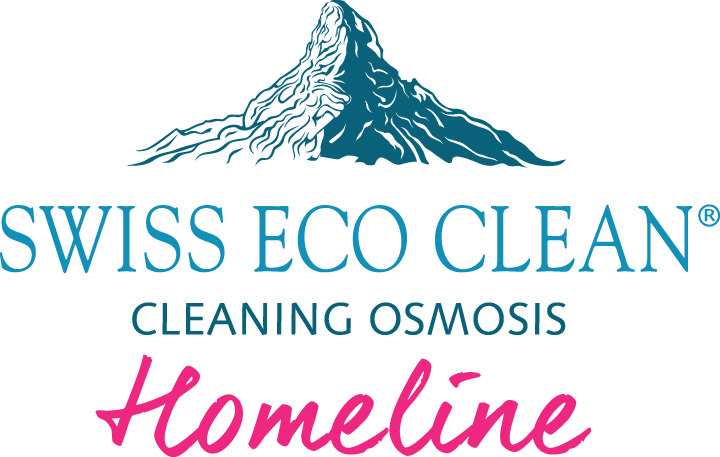Oktober 05, 2020

Well, think about how it is so much worse in China!
Stop being unhappy because some people have it worse than you!
Don't be a whinger; think about the starving children in Africa.
These statements often find their way into conversations about sensitive subjects like human or animal rights.
But why should we be satisfied with situations, practices, traditions, and cultures that harm just because there are worse practices somewhere else in the world?
When a situation that is cruel and causes immense suffering, like these recent videos of pigs «living» in Switzerland – a country which (by the way) preaches to have some of the strongest animal protection laws - I am not just angry, frustrated and heartbroken. But I am also bewildered that we attempt to justify this treatment of sentient beings just because conditions are worse somewhere else.
Of course, I am not negating the practice of being grateful or happy with what we have. Striving for contentment in the present is a different subject from allowing harms because they are “less cruel” than they are in other places.
The «not as bad as» fallacy has an official name
It turns out that this behaviour of justifying something because it is “not as bad as” something else has a name; the fallacy of relative privation, which is a form of the moral equivalence fallacy.
The fallacy of relative privation asserts that:
1. If something is worse than the problem currently being discussed, then
2. The problem currently being discussed isn't that important at all.
3. In order for the statement «A is not as bad as B," to suggest a fallacy there must be a fallacious conclusion such as: ignore A.
In other words: nothing matters if it's not the worst thing happening. It's popular with people who know perfectly well they're doing something wrong. Since they are fully aware that they're doing something wrong, they feel compelled to attempt to justify it and do so by pointing to other (usually worse) actions.
Imagine for a moment that you are a pig
If we were crammed into boxes which we had to share with X other individuals, sleeping, eating and using the toilet in the same space, basically living in filth and dirt with no possibility to do what we were meant to do, how would we feel?
We would not be able to care for our children, feel the sunlight on our skin, develop friendships, or accomplish any of the basics of living. I think most of us would go insane.
Well, most of the animals who live in these conditions do just that. They don't live with their insanity for long, because we kill them as young children.
If you were living in such a situation, what would you say if someone told you that you should be happy because it is much worse in other places?
How would the pigs answer? Why don't we consider them? Why is it legal to treat sentient beings this way? And why do we think it's okay?
Pigs are very intelligent, actually more intelligent than dogs. They are inquisitive, curious, highly social and caring animals. They love to play and enjoy life. Why do we take away everything from them and say it is all fine just because they have half a meter of more space to move than other pigs somewhere else?
Let's start to support industries that are aligned with our values. Most of us don't want to cause unnecessary harm. Let's support systems that respect animals, the planet and last but not least, ourselves.
Try a Challenge
To incorporate more plant-based foods and other products (like our vegan cleaning product Ecoclean), it can be helpful to have some guidance.
One fun way to do it is to take part in a free Challenge. Here are two different ones where you'll get a newsletter every day for 30 days with useful information, tips and tricks on how to live “harm-free.”
You might even be pleasantly surprised by the enormous variety of foods and how delicious they are.
If you live in Switzerland, join the «Vegan Challenge».
For English speakers, join the «Challenge 22».
Who knows, you might become a fully-fledged Vegan by the 1st of November, The World Vegan Day.
And remember:
To be good, it is not enough to be better than the worst.
- Lucius Annaeus Seneca
Januar 27, 2026
A seat, a smile, a moment. Why small acts of kindness, conscious consumption, and caring for animals and people strengthen our sense of happiness.
November 01, 2025
November is dedicated to veganism. Living vegan is not about perfection, but about the conscious choice to reduce harm as far as possible.
Oktober 29, 2025
Do a calm, cosy October reset in under 90 minutes: declutter sentimental items, clean as you go, and display one memory you’ll actually see: mini checklist included.
